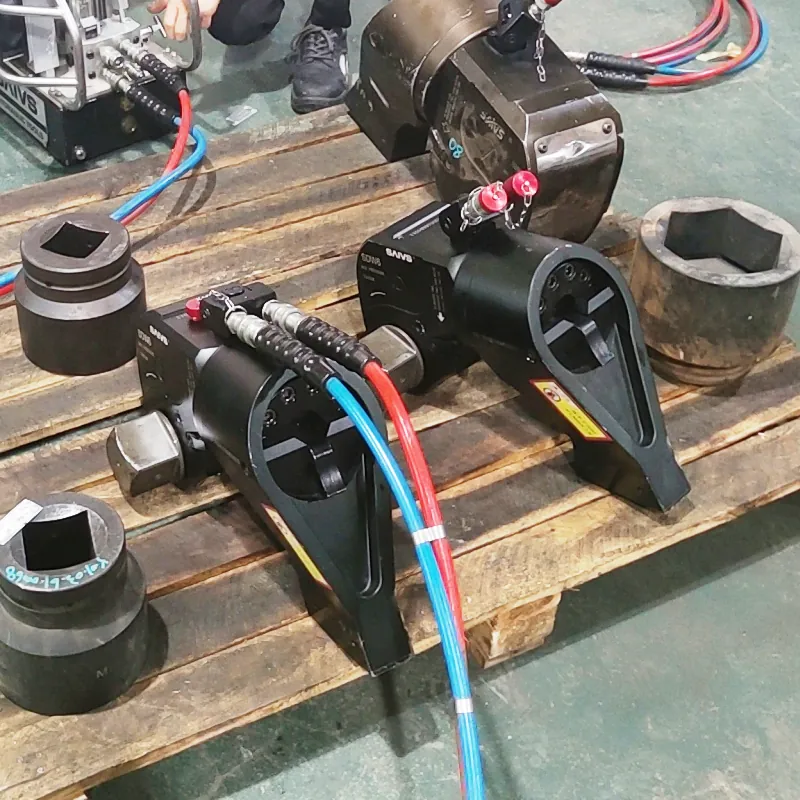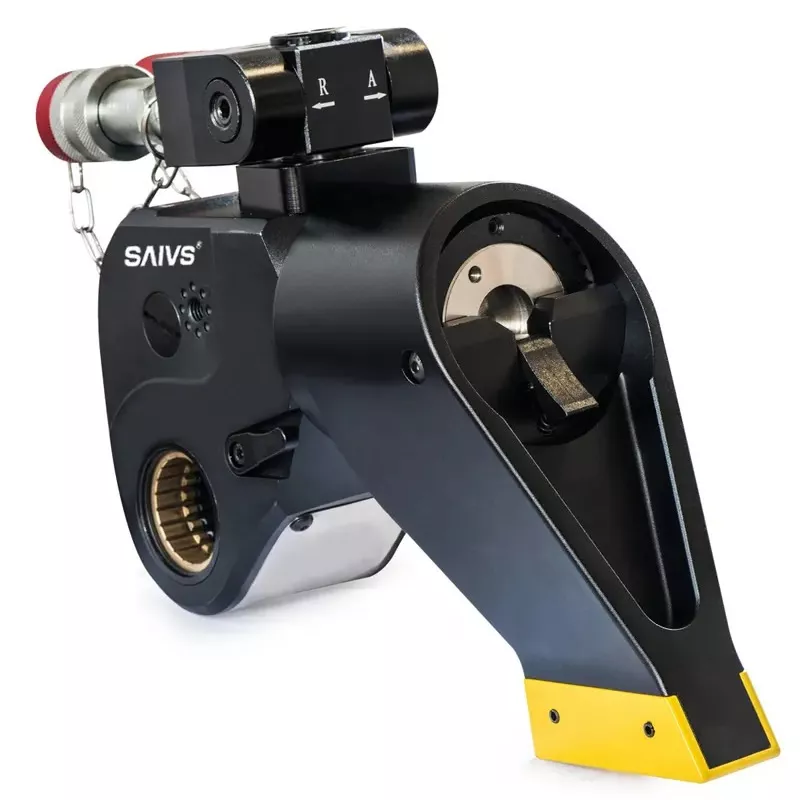How to Use a Square Drive Hydraulic Torque Wrench
Square drive hydraulic torque wrenches are indispensable tools in industries that require precise torque application on bolts and nuts. These tools ensure that fasteners are tightened to exact specifications, providing safety, reliability, and integrity in assemblies. However, to fully benefit from their capabilities, users must understand the correct operating procedures. This guide will walk you through the essential steps for using a square drive Hydraulic Torque Wrench effectively and safely.
Step-by-Step Guide to Using a Square Drive Hydraulic Torque Wrench
Preparation and Safety Checks
Before operating the wrench, ensure you have the correct socket size for the fastener you intend to tighten or loosen. Inspect the hydraulic Torque Wrench, hoses, pump, and any other accessories for any signs of damage or wear. It is crucial to check the hydraulic fluid level in the pump and ensure it meets the manufacturer’s specifications. Always wear appropriate personal protective equipment (PPE), such as gloves and safety glasses, to protect against potential hazards.
Setting Up the Hydraulic System
Connect the hydraulic pump to the torque wrench using high-pressure hoses. Ensure that the hoses are securely attached to both the pump and the wrench to prevent any leaks or disconnection during operation. Most hydraulic pumps have a quick-connect feature for easy attachment and detachment. Check that all connections are tight and that there are no leaks when pressure is applied. Set the hydraulic pump to the correct pressure based on the torque specifications provided for the bolt or nut.
Selecting the Correct Torque Setting
Refer to the torque chart or the manufacturer’s specifications for the fastener you are working on. Input the desired torque value on the hydraulic pump’s control panel. It is important to ensure that the wrench is calibrated and set to the correct torque to avoid under-tightening or over-tightening, which can lead to bolt failure or damage to the assembly.
Positioning the Wrench
Place the square drive of the torque wrench onto the socket and then onto the fastener. Ensure that the wrench is aligned straight with the fastener to prevent any angular movement, which could affect the accuracy of the torque applied. Attach the reaction arm to the wrench and position it against a solid reaction point to counteract the force generated during torque application.
Applying Torque
Activate the hydraulic pump to start applying torque to the fastener. The pump will increase the pressure in the wrench, which in turn applies force to the square drive, tightening or loosening the fastener. Monitor the pressure gauge on the pump to ensure the desired torque is being applied. The wrench will stop applying force once the set torque value is reached, ensuring consistent and accurate torque application.

Releasing the Wrench
Once the desired torque is achieved, release the pressure by turning off the hydraulic pump. Carefully remove the reaction arm and then detach the wrench from the fastener. If you need to continue tightening or loosening other fasteners, reposition the wrench and repeat the process.
Post-Use Maintenance
After completing the task, disconnect the hydraulic hoses and clean the wrench, hoses, and pump. Inspect all components for any signs of wear or damage and address any issues immediately. Regular maintenance of the hydraulic torque wrench will ensure its longevity and reliability in future operations.
Conclusion
Using a square drive hydraulic torque wrench correctly is crucial for achieving precise torque application, enhancing safety, and maintaining the integrity of assemblies. By following the proper setup, operation, and maintenance procedures, users can maximize the tool's efficiency and lifespan. Whether you are in the oil and gas, construction, or manufacturing industry, mastering the use of this tool will contribute significantly to the success and safety of your operations.
Why Choose SAIVS™ as Your Supplier?
With 20 years of industry experience, SAIVS is a leading Chinese manufacturer of high-quality tools, offering competitive pricing and excellent customer service.We pride ourselves on exceptional quality control, extensive experience, and comprehensive after-sales service.
